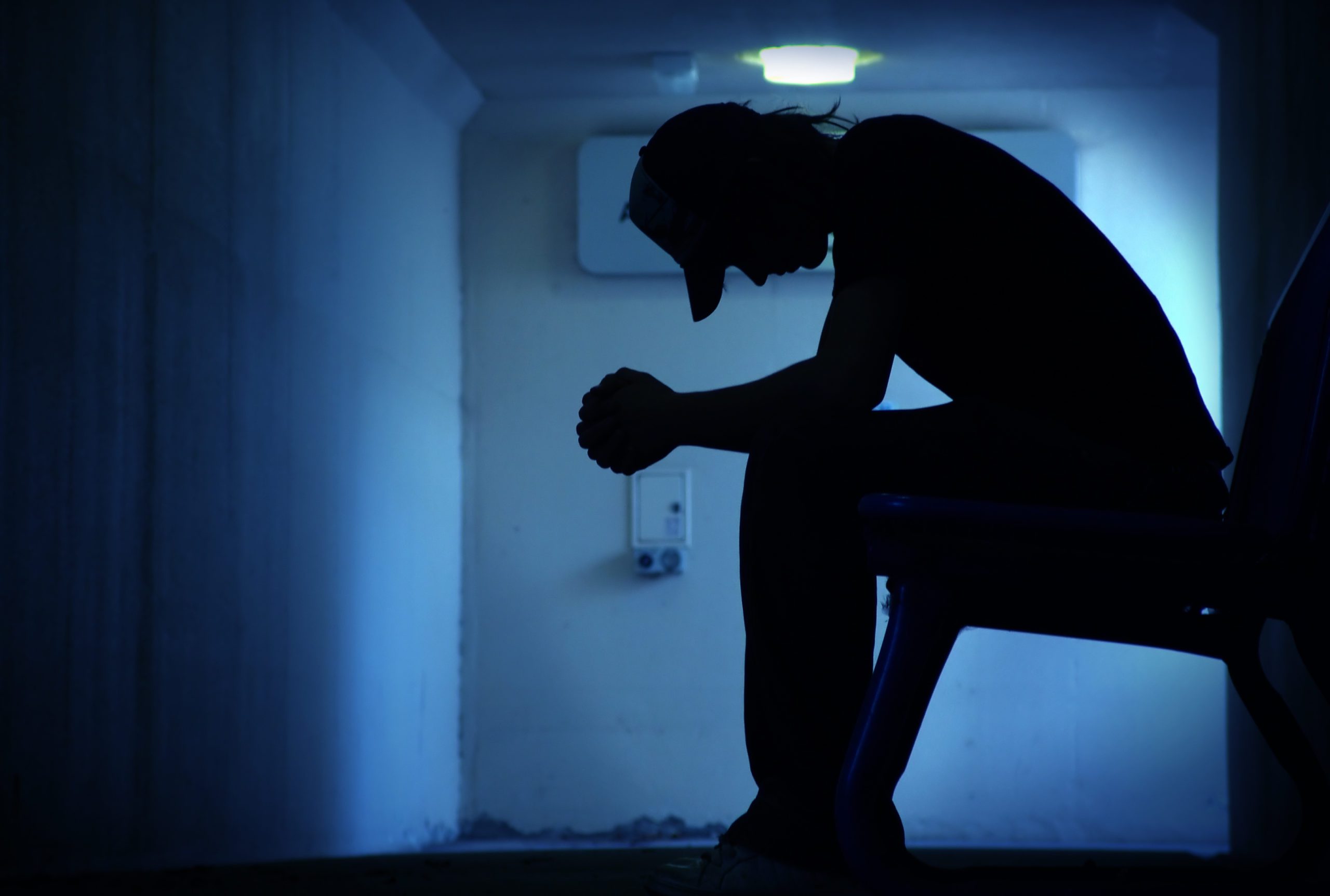The modern age is certainly upon us and with that, are dozens of new outlets for people to share their feelings and find support. One interesting avenue is the video sharing social network, YouTube. With billions of users and clips on every topic imaginable, the site has become a haven for self-expression. And that includes those who deal with mental health struggles, such as anxiety and depression. In fact, some of the world’s most successful YouTubers have gained notoriety for their honest vlog confessionals.
The digital news site Engadget covered this trend recently, in an insightful article that profiled the public issues of YouTube’s top talent. Elle Mills, a popular vlogger with 1.4 million subscribers, recently opened up about the ongoing pressures in her life and how it has been affecting her mental state.
“My life just changed so fast,” she explained in the biographical video. “My anxiety and depression keeps getting worse and worse. This [online fame] is all I ever wanted, and why the f**k am I so freaking unhappy? It doesn’t make any sense. It’s so stupid. It is so stupid.”
Other major stars on the channel, such as Casey Neistat and PewDiePie, have also recorded long confessionals detailing their mental health struggles. Interestingly it’s these types of clips that have proven to be their most viral, reaching millions upon millions of viewers across the globe.
The article goes on to detail how success on a social network like YouTube can actually contribute to some of these issues. As people become more popular, the pressure often increases to deliver quick, compelling clips (all without a regular salaried paycheck). There are also concerns when it comes to video comments. We are all aware of “internet trolls.” And the more popular someone becomes online, the more likely they are to be the subject of hateful language. This, in turn, can lead to depression and serious self-esteem issues.
YouTube the company (which happens to be part of Google) is aware of the problem and is starting to take proactive steps to help users detailing their struggles online. Efforts are currently underway to provide video creators with mental health services and at company-funded events like VidCon, there will now be on site support groups.
While we fully support people turning to the web as a therapeutic support system, we also encourage them to explore in-person treatment options. If you or someone you are close to is expressing dark feelings online, now is the time to seek out help.







